No products in the cart.
Return To ShopLaconic olive oil is “miraculous” according to research!
The low production and the dakos may have affected this year’s olive harvest in Laconia, but the messages coming from scientific research are extremely encouraging for Laconian olive oil! And this is because, based on laboratory studies, the local oil appears to be significantly superior -against international and domestic competition- in ingredients, which are considered inhibitory to the development of serious diseases, such as Alzheimer’s disease, cancer, heart disease, etc.
The above was highlighted in an informational event on the “Highlighting of the special comparative advantages of the extra virgin olive oil of Laconia” organized by the PE of Laconia, in the context of the participation of the Peloponnese Region in the European INTERREG MED Program, last Saturday (26/11) in Pneumatiko Center of Paleopanagia. INTERREG MED is a program to strengthen the competitiveness of olive oil, through innovative production methods and quality controls related to the health protective properties of the product.
The properties of olive oil were discussed by the Professor of Pharmacy at the University of Athens, Prokopis Maiatis, and the Ph.D. of the University of Athens, Eleni Melliou, who in recent years have engaged in a series of researches on Greek – and especially Laconian – olive oil, with findings that have international recognition. The two scientists work at the Pharmacognosy Laboratory of the Pharmacy Department of the University of Athens.
The event began with statements by the MPs St. Arachovitis, Th. Davaki, L. Grigorakos, of the deputy governor of Laconia Ad. Janetea and the thematic deputy regional governor Il. Stratigakos. For his part, the representative of D. Spartis emphasized that “D. Sparta will support the work of scientists” while he noted that Laconia has appropriate infrastructure and people in the field of olive production.
For his part, the president of EAS Laconia Mr. Nikos Prokovakis, among others, said that “oil is the engine driver of Greek production”, while he added that “the product is not paying attention to it as it should”.
He also focused on the great problem of product availability. The representative of ELGO-DIMITRA dr. Lambros Zarkadas underlined that the aim of the program is to highlight the special comparative advantages of Laconian olive oil.
The problems, according to him, remain the mentality of producers, standardizers and traffickers. Mr. Zarkadas noted that “the new product must be “connected” to the cultural heritage, identity and culinary tourism of the region”, while he observed that “the Laconian olive oil must enjoy a better price than now”. According to him, the questions posed by foreign markets are:
1) Is there a quantity of olive oil?
2) Is it channeled?
3) Is there cooperation with competent bodies? Finally, he called on the authorities to focus especially on reforming the PDO specifications.
Afterwards, the doctor of the University of Athens, Eleni Melliou, member of the scientific group that conducts the Laconian olive oil, took the floor. Among other things, he emphasized that in ancient times, olive oil was used for toothache and headaches. She informed that one of the “golden” ingredients of olive oil is the substance oleocanthal, which has been shown to be an Alzheimer’s inhibitor, while protecting against heart disease and hypertension. Indicative of the value of Laconian olive oil, is that the three highest concentrations of oleocanthal found in the laboratory from 2009 to today were in two olive oils from Laconia and one from Corinthia!
As Mrs. Melliou revealed, based on laboratory studies carried out by the scientific team at the olive mill of the Agricultural Cooperative of Paleopanagia, the substances oleocoronal and oleomissional were identified for the first time. She also revealed that her team developed the NMR chemical method, based on which the olive oil components can be measured – within 45 minutes – and then a relevant certificate can be issued to the producer for use on the product label.
The Professor of Pharmacy at the University of Athens, Mr. Prokopis Maiatis, underlined that Laconia, Messinia and Crete have excellent quality olive oils, while responding to publications questioning the value of the products, he emphasized that in the near future all olive oils in the Peloponnese will be fully mapped, so that as he said “there should be no doubt”.
Mr. Magiatis underlined that the great advantage of laconic olive oil is that it has a high content of the substance oleocanthal, which gives it a high position in the specifications of the health claim at an international level. Characteristically, he said that olive oil from Tuscany, which is sold for 120(!) dollars a liter in America, does not have a health claim. In fact, in an international olive oil competition held in Ancient Olympia last June, Laconian olive oil won 2nd place with 3,025 mg of oleocanthal content.
He stated that even 18 months after harvesting, oleocanthal and oleasin are kept in high percentages in the product, while he confirmed in turn that this substance contributes to the prevention or inhibition of Alzheimer’s, but also cancer. As he pointed out, after laboratory experiments, it was detected that the laconian olive oil, rich in oleocanthal, resulted in the destruction of cancer cells in experimental animals within 30 minutes!
However, addressing the Laconian producers, Mr. Maiatis said that “you open the harvest late. You have to hurry, to have more phenols (compounds with antioxidant properties) in the olive oil.”
Mr. himself informed that two new clinical studies are being conducted on olive oil and its oleocanthal content, in collaboration with the Sparta Hospital and the Nursing Department of the Peloponnese University. The first study, in fact, which concerned Kalamon olives from Laconia, has already been completed. In fact, he praised the Spartis Hospital, stressing that “it is worthy and can, with appropriate support, undertake similar studies”.
The Professor of Pharmacy emphasized that the ideal storage temperature for olive oil (winter-summer) is 18°C, so that, as he said, the beneficial phenols do not disappear.
Mr. Magiatis also referred to the test with the name ARISTOLEOTM© which has been “patented” by the scientific team and through which the producer can measure the content of olive oil in oleocanthal by himself. The test is done via a “test tube”, which consists of a sealed 12mm vial containing a reagent.
The professor clarified that olive oil is not a medicine, but a health protection product, while he revealed that the first olive oil product in a capsule, came from Laconian olive oil!
The goal, as Mr. Maiatis said, is for the whole plan “not to remain in practice, but to be transformed for the benefit of the Laconian producers”.
He also referred to the European ARISTOIL Program, which aims to “Strengthen the competitiveness of the olive oil sector through the development and application of innovative methods of production and quality control regarding its beneficial properties for health”. As he explained, the producers who will participate will receive a certificate for their product, while 80 producers of the prefecture have already declared their participation in the program. The program foresees the mapping of high quality olive oil production areas and appropriate training of the participating producers. In total, 3,250 producers in five countries will be trained.
In addition, two olive oil certification centers are expected to be created in the next period, one in Greece and one in Spain, with Mr. Magiatis expressing the wish that “the Greek center will be in the Peloponnese”.
Mr. Magiatis warmly thanked the Cooperative of Paleopanagia, which granted its olive mill for conducting the experiments, while he made a special mention to Panagiotis Diamantakos and Emilia Rigakou, who are from Paleopanagia and are close collaborators of the scientific team.
The event ended with a statement by the regional governor of Peloponnese P. Tatoulis, who spoke of “weakness of political support for agricultural production”, while among other things he emphasized that “this process will help us, as it will create clear thinking for us, so that we can all examine together how will we promote the products”.
Mr. Tatoulis underlined that the goal is to take advantage of the special characteristics of the olive oils of the Peloponnese and to promote them through healthy cooperative schemes and groups of producers, while he spoke of the establishment of olive tourism.
Finally, it is worth noting that the event was attended by representatives of cooperatives from various regions of Laconia.
Source: https://lakonikos.gr
About author
Related posts
The Mediterranean diet, renowned for its health benefits and delicious flavors, is only complete with olives.... Continue reading
Extra virgin olive oil, a staple of the Mediterranean diet, has long been celebrated for its... Continue reading
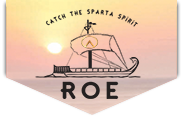
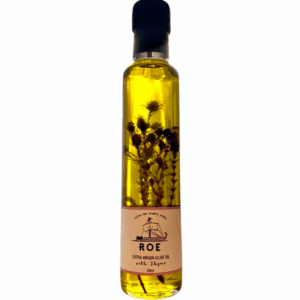
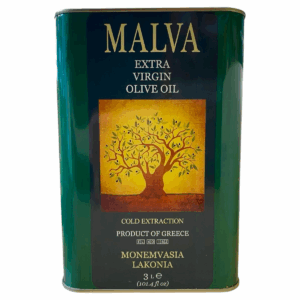
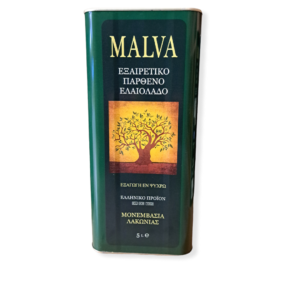
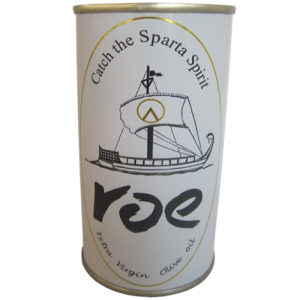
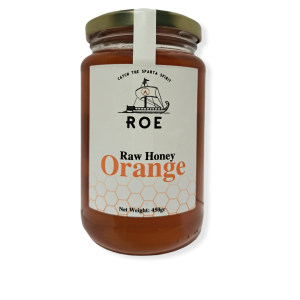
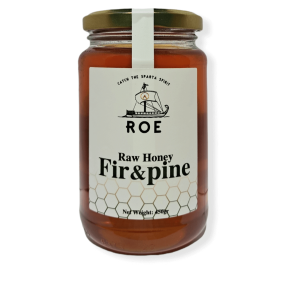
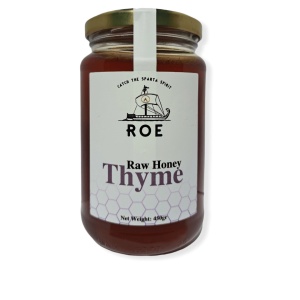
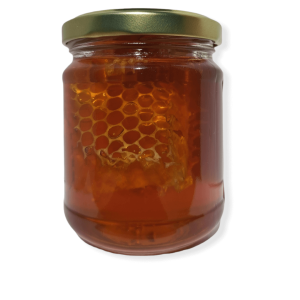
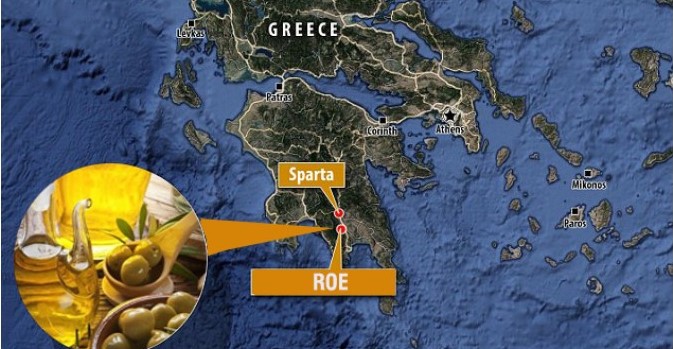



Add comment